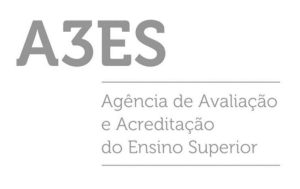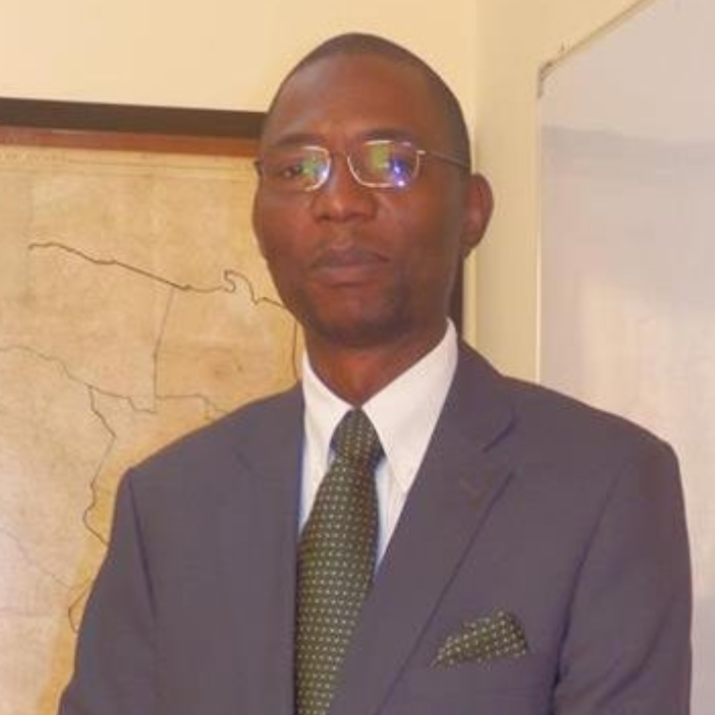Join a World-Class Research Community in Health and Population Wellbeing
The Doctoral Program in Public Health aims to provide an original and innovative scientific contribution to the field of Public Health. It is designed to equip students with training in the design, planning, and execution of scientific research in Public Health, as well as practical experience in the interpretation, discussion, and communication of results.
Considerer the areas of specialization the PhD has to offer:
This program is tailored for professionals with a Master’s degree (or Bachelor’s with relevant experience) in the health sector, as well as those already employed or aspiring to work in national or international healthcare services, local governments, academic institutions, research centers, NGOs, or other public health-focused organizations.
1. Internationally Recognized Academic Leaders
Our distinguished faculty leads global research projects, publishes in top-tier journals, and influences health policies worldwide. We pride ourselves on providing high-quality supervision and career progression support, ensuring our students are well-prepared for leadership roles in academia, governments, and international organizations.
Featured Academics: Christopher Millett, Susana Viegas, Sónia Dias, Marta Marques, Cristina Godinho, Paulo Sousa, Julian Perelman, Sílvia Lopes
2. Top-Ranked Projects & Global Recognition
Engage with cutting-edge research that addresses the most pressing global health challenges, such as climate change, health system performance, and poverty’s health impact. Our collaborations span Europe and beyond, including projects funded by the European Commission. Our recognition includes two WHO Collaborating Centers in
Healthcare Safety and Quality and in Health Management.
3. Comprehensive Training in Public Health Research
Our program offers a rigorous training curriculum in epidemiology, statistics, qualitative research, economic evaluation, and more. Students benefit from personalized supervision and the opportunity to integrate into ongoing research projects.
4. A Three-Year Program with Excellent Conditions
Spend one year in structured training and two years dedicated to thesis work. The program is delivered at Nova National School of Public Health, in Lisbon, offering a unique and supportive environment, with easy access to both academia and industry.
5. International Learning Environment
The program is conducted entirely in English and follows a blended learning format, combining face-to-face seminars with online learning, ensuring flexibility and high academic standards.
Study in the vibrant, historical city of Lisbon, known for its rich academic environment, strategic location, and exceptional quality of life. With its blend of culture, innovation, and Mediterranean charm, Lisbon offers an inspiring backdrop for your research and professional development.
“Coordinating the PhD course at NOVA NSPH is quite easy. You don’t need to motivate the students, because people who apply to a PhD are naturally motivated and enthusiastic; you don’t need to explain how to work, because people who apply to a PhD are usually experienced in hard working and studying; you don’t need to make lots of suggestions, because people who apply to a PhD have generally their own ideas and proposals. In that sense, it is a pleasure to connect with these highly-motivated and interesting students. The main challenge is to make them understand that research will not change the world!
Doing a PhD is a mixture of inspiration (a little), selecting and applying sophisticate and robust methods (a lot), and trying to understand a tiny part of the reality. This may seem frustrating at some point, but it’s highly rewarding when you deeply understand a given phenomenon, become able to explain it and make evidence-based recommendations for action!”
Julian Perelman (PhD Coordinator)

Basic Principles of Statistics and Epidemiology
0

The program follows a blended format:
To learn more about the Optional Units, click here.
In addition to the tuition fee, the student must pay the school insurance and other fees, according to the Fee Schedule approved by NOVA and published in the Diário da República for the respective academic years.
Check the deadlines and payment methods here.
SCHOLARSHIPS
It was an unprecedented experience. Today, this qualification gives me greater visibility in both academic and professional spheres, in my country and beyond. I feel empowered to teach, conduct research, and plan and guide projects within the scope of my specialty.

Vice-Governor of the political, social, and economic sector, Government of Angola
The interdisciplinarity of this PhD greatly contributed to my personal and professional growth, expanding my horizons beyond the laboratory. The PhD allowed me to join the Scientific Council of INSA, become an integrated member of the Center for Toxicogenomics in Human Health (ToxOmics), and take on the supervision of postgraduate students in the context of my field of work.

Member of the Scientific Council of INSA


Contact us for more information